
Imagine that you are a group of 3 to 4 young people, with some relevant but still limited experience, sitting in a café in Tirana, Pristina or Tunis. You feel that public policy – both by your own government and by outside organisations having an impact on your government – is not based on an adequate understanding of what is going on in your country. You decide that instead of complaining you want to do something about this. What do you do? Since 2004 ESI has offered capacity building seminars for people interested in answering this question.
Realising the need for policy-oriented research undertaken by local actors, ESI has helped to build up analytical capacity in Macedonia, Kosovo, Bosnia Herzegovina, Armenia, Azerbaijan, Georgia, Tunisia, and Ukraine.
ESI contributed to these new think tanks' early development through intensive capacity building efforts. These are now all independent fully autonomous organisations.
     |
- IKS in Pristina
- CRPM in Skopje
- Reaktor in Skopje
- Agenda in Tirana
- Populari in Sarajevo
- European Initiative of Liberal Academy Tbilisi (EI LAT) in Tbilisi
ESI capacity building has been supported by ERSTE Foundation, Open Society Institute, Balkan Trust for Democracy, Rockefeller Brothers Fund, PACT, and the Norwegian Government.
|
Kosovo
|
||||||||||
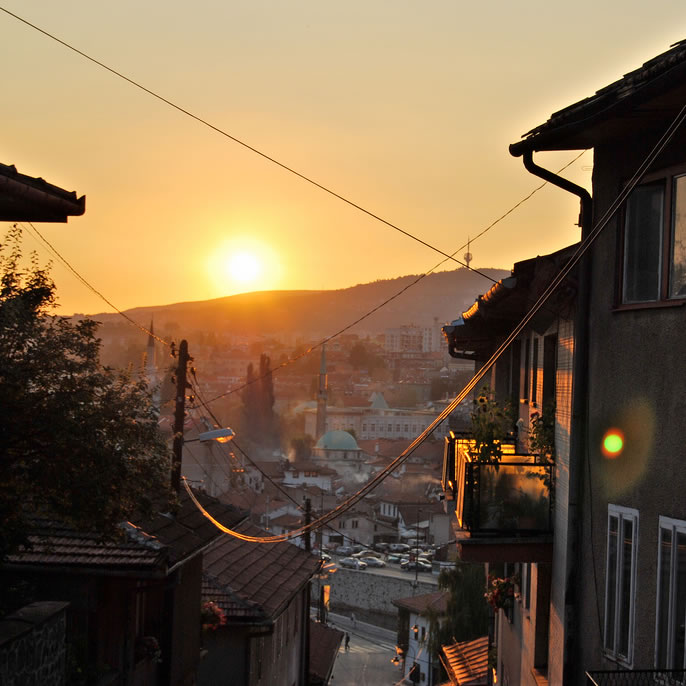 |
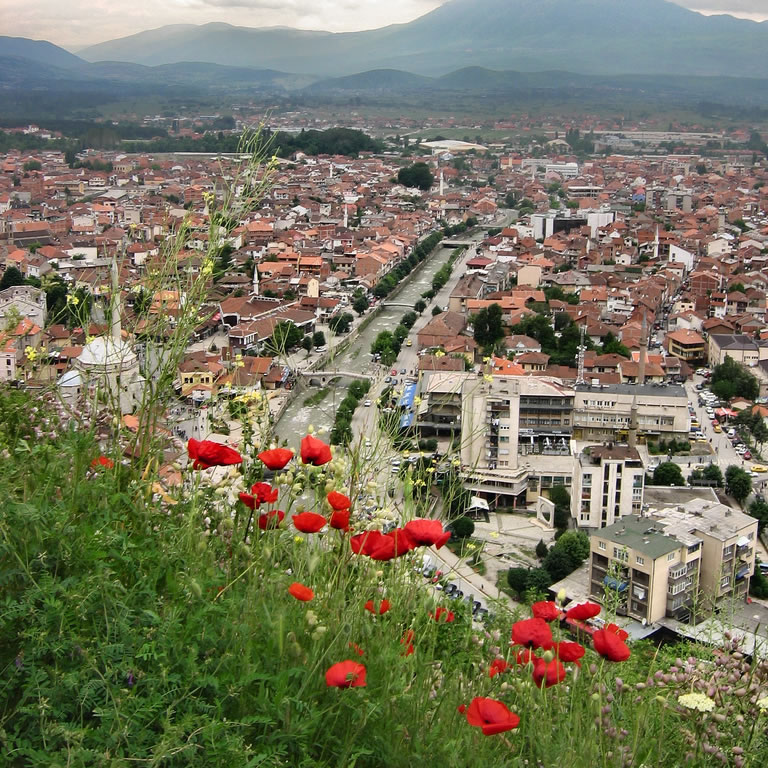 |
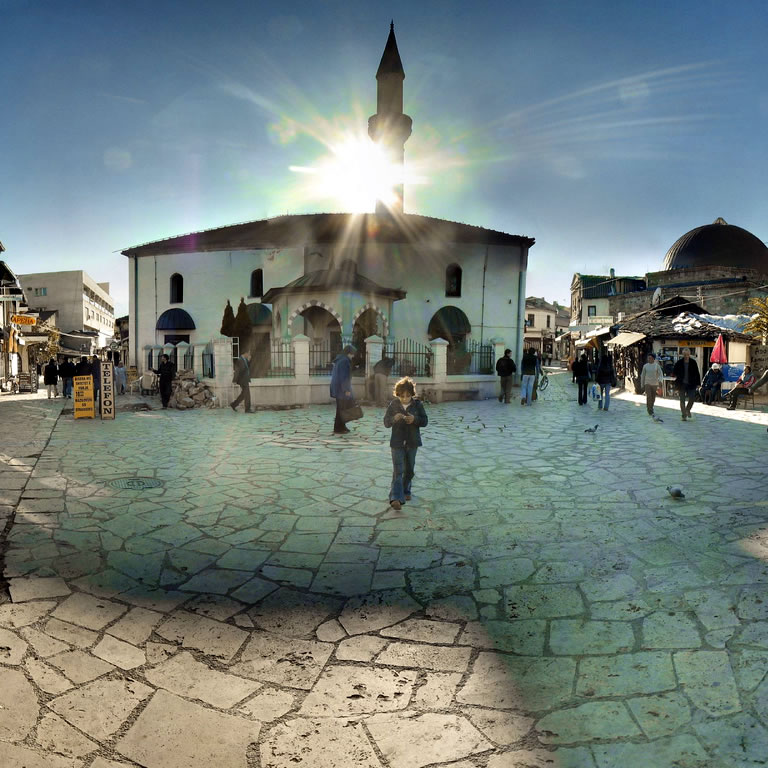 |
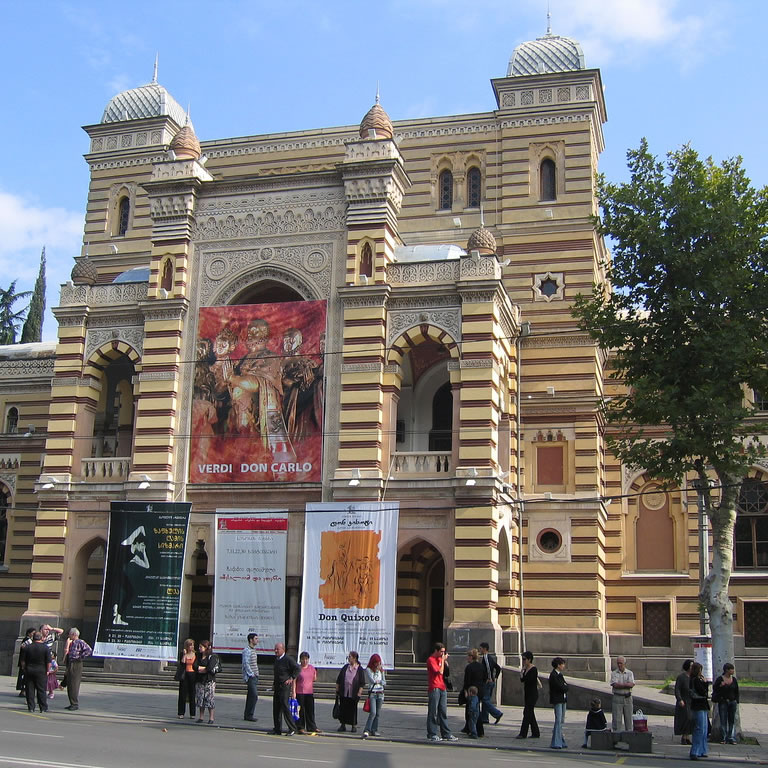 |
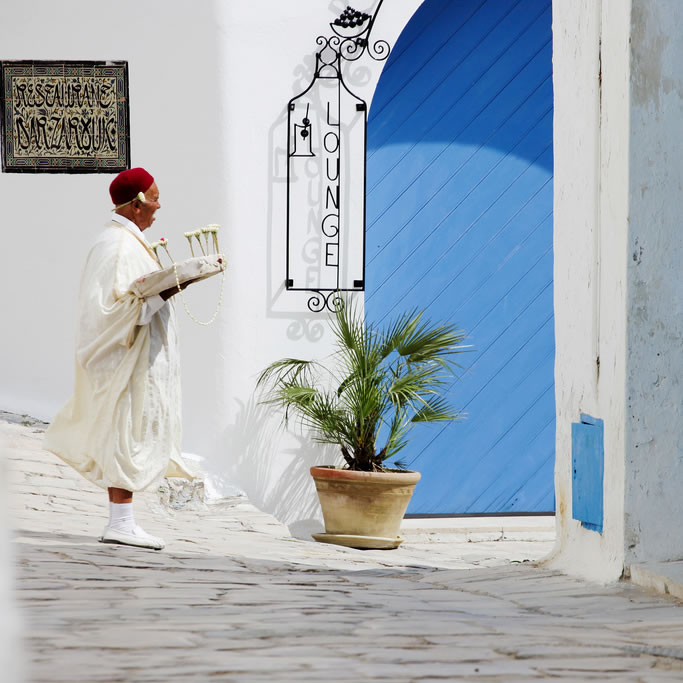 |
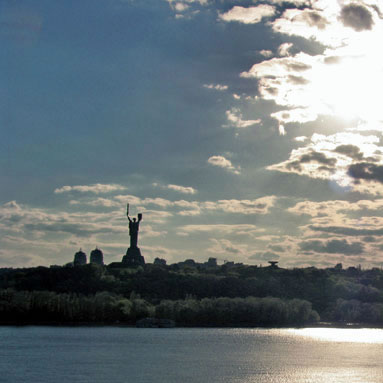 |
Reflections on think-tanking
A group of friends sits in Sarajevo in 1999 and discusses the political situation in Bosnia. It then decides to create a virtual organisation and begins to write reports. The group does not have money; it is not even an "institution" in any formal sense for another year. Then the first reports quickly attract attention. The Financial Times, the Economist, Die Welt, write about ESI as a "think tank changing thinking on the Balkans". One year after the group decided to come into existence it has a staff of four, a bit of funding, and works in Montenegro as well. That same year it receives a call from the NSC (National Security Council) in the White House and is asked to brief Leon Furth, vice-president Al Gore's National Security Advisor, about developments in Montenegro. Other governments across Europe invite ESI to provide input to their internal policy debates: Sweden, Germany, UK, and Greece.
This is how the story of ESI began and it also shows that good analysis or good policy ideas do not reach their target audiences by themselves. If sent by our newsletter it matters who receives this. If they are put on the website it matters who visits the website. If they suggest serious policy changes on the basis of fresh ideas it matters which policy makers we will be able to explain our ideas to directly, ideally in person. And whenever we feel that the problem might be perceptions in the wider public, the challenge is how to influence a broader public via mass media.
The ultimate raison d'être of any think tank is thus its impact on policy debates. Our ideal scenario of dissemination of our ideas that has emerged since we started our work is the following:
- We write and edit a strong, innovative and convincing analysis, with policy implications, and present it in the form of a report or discussion paper. This requires often very long periods of research, discussion and editing.
- We present our findings and reports at conferences. We send them out via our newsletter, put them on the website and give paper copies directly to key policy makers.
- We work to get media to report about our findings.
- We work to turn our analyses into documentary films for television, which can then be seen by hundreds of thousands of people in different countries and on the internet, to reach a much broader general public. Clips from films can also be used effectively in presentations, on the website and for events where films are used to trigger debates.
- We encourage people to go to our website in order to find out more about the issues raised in our report, providing more background material and information there.
Throughout the process we talk to key decision makers (foreign ministers, commissioners, ministers, parliamentarians, chief editors) about very specific policy implications of our work.
If there is a "secret" to our impact on public debates it lies here, and only here: in our methodology of producing reports and the commitment by a team to work as required. This methodology has also developed for many years now. In the process we created our own working vocabulary and habits. In fact, none of this is a business secret: it can be observed, described and (perhaps) also taught. This is what we try with our capacity building efforts.
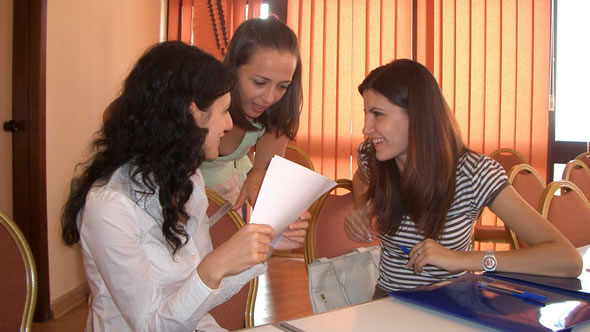
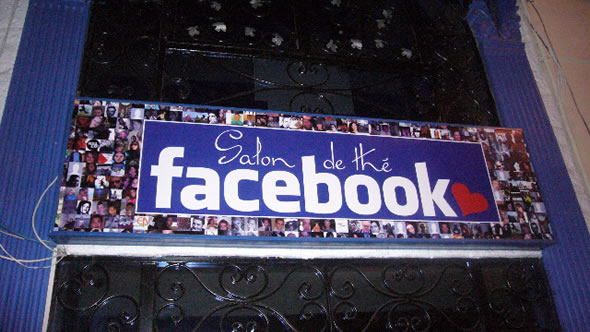
Capacity building seminar in Albania (2008) – Capacity building seminar in Tunisia, "Salon Facebook" (2011)
The idea behind ESI capacity building is not long-distance advice or isolated seminars and workshops, but hands-on involvement in a joint research endeavor to meet a shared, ambitious objective. The only real learning is by doing. Following each seminar, ESI offers to engage actively in a second phase of capacity building. This has involved ESI analysts working with local researchers following the seminars on further project ideas for a few months, to develop a joint research agenda.
Central to ESI capacity building efforts is the promise that ESI analysts will commit to working jointly with a local team on at least one major policy report, which should meet ESI's own standards of excellence. Such collaboration continues from inception and field research through to drafting, publication, dissemination and presentation.
During the project period, ESI will organise a series of training seminars and workshops on practical and conceptual issues: information management, interview techniques, narratives, outreach, effective website management and development, organisational development, fundraising and strategies for influencing policy debates, both nationally and internationally.
Telling the inside story of a think tank: Looking like a swan
